NEWS
Varsity Prof advocates auto economy agency amid local content push
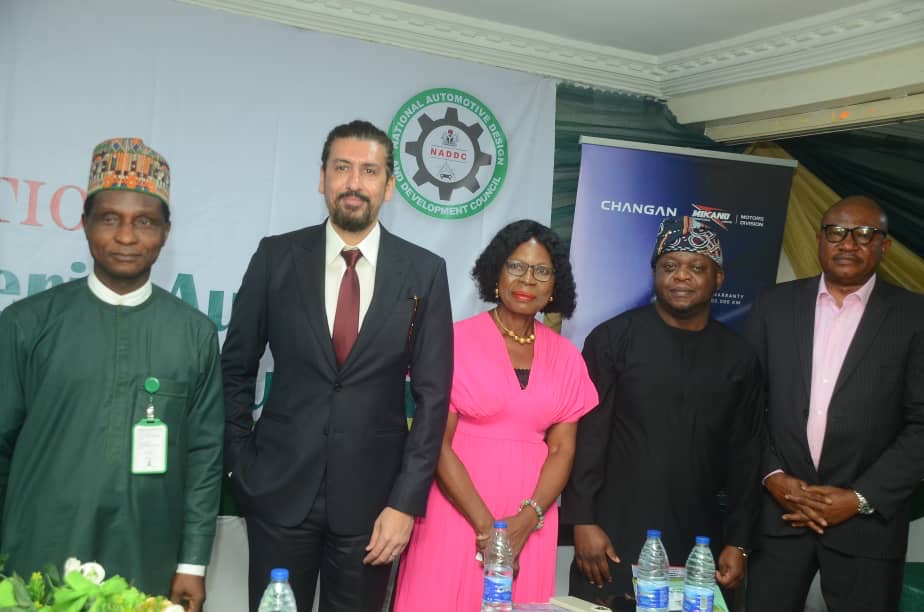
Nigeria Auto Journalists Association (NAJA) hosted a landmark policy session at the Lagos Chamber of Commerce and Industry Exhibition & Conference Centre, Alausa, Ikeja, Lagos, where experts and stakeholders gathered to deliberate on local content as a driver of Nigeria’s automotive transformation.
Delivering a keynote presentation titled “Nigeria First: Local Content as Catalyst for Automotive Economy,” automotive communication consultant and Professor of Mass Communication at Delta State University, Abraka, Dr. Oscar Odiboh, made a compelling case for a radical shift in Nigeria’s approach to auto manufacturing.
Professor Odiboh called for a sweeping local content agenda anchored on the Nigerian Content Plan (NCP), urging Nigerian Original Equipment Manufacturers (OEMs) to demonstrate commitment to sourcing a substantial percentage of their raw materials, services, and workforce locally.
He emphasized that this would not only stimulate the domestic economy but also foster technological innovation, value chain integration, and sustainable job creation.
“Nigerian OEMs must begin to prioritise local value chain contributors over imports. We must dismantle unfair external advantages and promote healthy local competition and co-creation,” he stated.
He further proposed a gradual phase-out of Completely Knocked Down (CKD) and Semi-Knocked Down (SKD) imports to deepen backward integration and industrial capacity.
In line with the call for deeper localization, Odiboh tasked key institutions with specific mandates.
The Nigerian Automotive Design and Development Council (NADDC) was urged to ensure originality in design and engineering of Made-in-Nigeria vehicles.
The Nigerian Content Development and Monitoring Board (NCDMB) and the Standards Organisation of Nigeria (SON) were called upon to rigorously enforce local content and quality compliance standards.
Additionally, the Central Bank of Nigeria (CBN) and the Coordinating Ministry of Economy were urged to establish a sustainable investment support framework for OEMs, including incentives and access to affordable credit.
To drive attitudinal change, the National Orientation Agency (NOA) was tasked with reorienting both citizens and government agencies towards patronising Nigerian-made vehicles, while the National Board for Technical Education (NBTE) was encouraged to form partnerships between technical institutions and OEMs to nurture a skilled automotive workforce through internships and training.
Perhaps the most ambitious proposal was the creation of a National Automotive Economy Agency (NAEA), a body envisioned to spearhead automotive industrialization under the current administration’s “Nigeria First” agenda. Professor Odiboh recommended that the agency be established by President Bola Ahmed Tinubu with a $5 billion seed grant and a 25-year profit gestation plan.
He further suggested a linguistic shift to reframe the sector’s importance: “Let’s stop calling it the ‘auto industry.’ It’s time to refer to it as the ‘auto economy,’ and every stakeholder should henceforth be regarded as an ‘automotive investor’.”
Earlier in his goodwill message, Mr. Joseph Osanipin, Director General of NADDC, reinforced the urgency of localisation, describing local content as a strategic imperative.
“It’s the engine that will drive economic transformation,” Osanipin stated.
He cited ongoing NADDC initiatives such as production incentives, skills development, and research and development support, aimed at laying a solid foundation for a resilient local automotive ecosystem.
Osanipin acknowledged challenges in areas like finance, electricity, and raw material processing but urged stakeholders to rally behind the “Nigeria First” campaign for long-term industrial progress.
Representing the Corps Marshal, Assistant Corps Marshal Ann Oladayo of the Federal Road Safety Corps (FRSC) stressed the intrinsic link between automotive design, road safety, and local manufacturing standards.
The ZCO cautioned that, as Nigeria localise production, we must not compromise on safety and environmental standards.
She pledged the FRSC’s continued collaboration with industry players in shaping transport policies that uphold innovation, ethics, and public safety.
MIKE OCHONMA
EDITOR
-
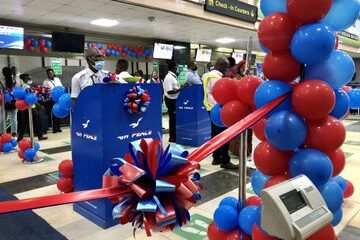
 AVIATION5 years ago
AVIATION5 years agoPhoto News: Air Peace commence flight operations to South Africa
-
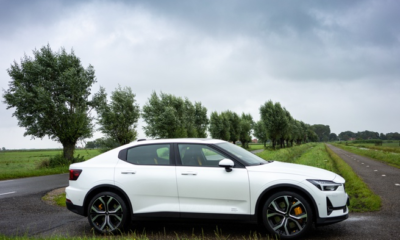
 Car News5 years ago
Car News5 years agoPolestar is recalls over 2000 electric cars due to software bug
-
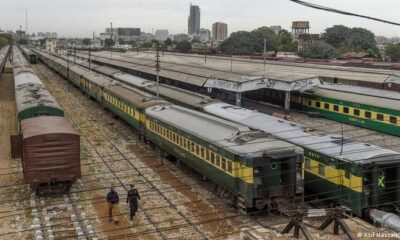
 RAIL5 years ago
RAIL5 years ago36 Killed in Pakistan Train Accident
-

 Technology5 years ago
Technology5 years agoCommon mistakes in CO₂ emissions calculations
-

 Business5 years ago
Business5 years ago2016 Volvo XC60 review and specifications
-

 Reviews5 years ago
Reviews5 years ago2021 Audi A6 Specifications and Review
-

 SAFETY / CAR CARE5 years ago
SAFETY / CAR CARE5 years agoHandbrake warning light; what it means and what to do
-
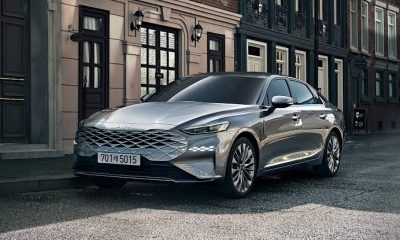
 Reviews3 years ago
Reviews3 years agoDebutant Kia’s new K8 sedan benchmarks luxury, safety
